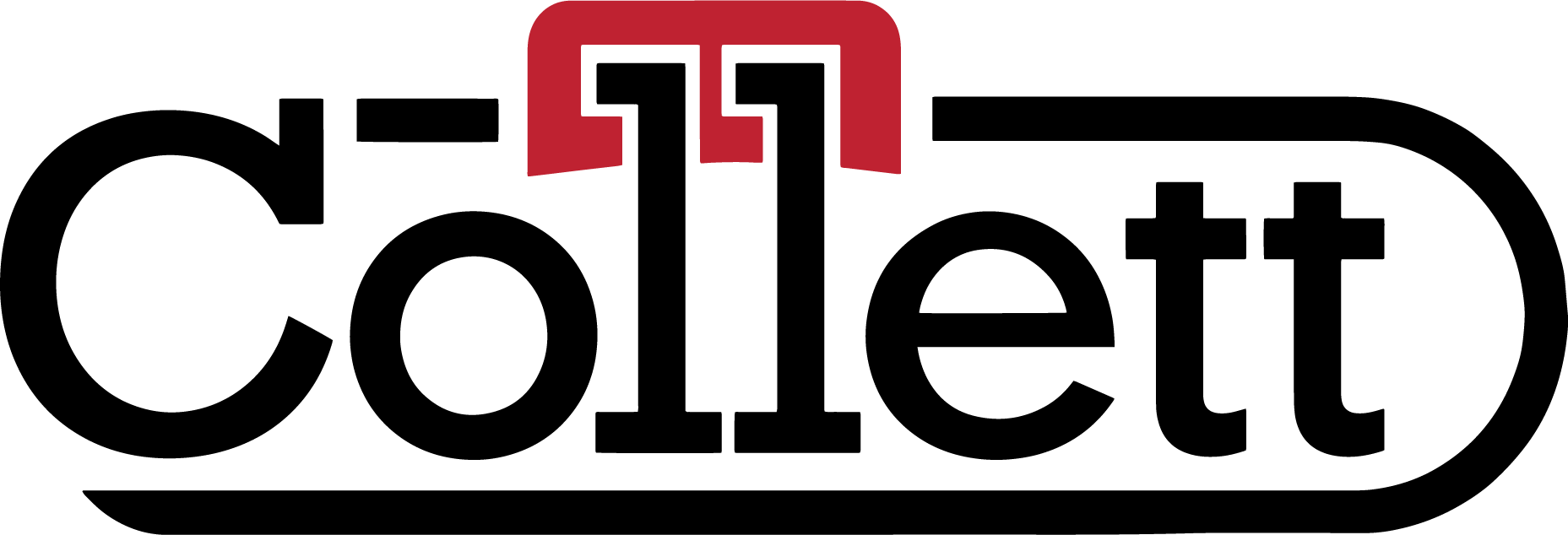When it comes to who owns the propane tank at your home or business, you generally have two options – to lease from your supplier or to purchase the tank outright. In this article, we will discuss some pros and cons of each, and cover some important considerations when deciding which is best for you.
Leased Tanks
Pros – When you lease a propane tank from your supplier, the responsibility of general maintenance and wellbeing of the tank and equipment is on the supplier. If you have a regulator go bad, that cost is not incurred by you. In addition, this option is thousands of dollars less expensive because you aren’t purchasing the tank. There generally is an installation fee associated with having a leased tank at your home or business.
Cons – When you lease a tank, that tank is the property of the supplier, and you therefore are obligated to purchase gas from only that supplier. It is illegal for one propane company to come and fill the tank of another propane company if that tank is leased.
Considerations with Leased Tanks – Usage matters! If you fall under the minimum usage requirements your supplier may have, you might be subject to a minimum usage fee. If you go several years without using any at all, your supplier might require you to buy that tank, or they could come pick it up. This is because the price of steel is very expensive, and suppliers need a return on their investment of that tank. Also, even if you lease the tank, you will own the underground line. This is because if you were to ask the supplier to come pick the tank up because you’ve chosen to change providers, your lines will stay. Regardless of ownership status, it is critically important to be mindful of that line when you are planting, pouring driveways or sidewalks, installing a fence, or anything else that might disturb the ground. Damage to underground lines can be dangerous and result in expensive repair bills.
Owned Tanks
Pros – Since the tank is your property, you can shop around and find the supplier that best fits your needs. There are no usage considerations in this options either.
Cons – Upfront costs are the biggest downside to buying your tank. Propane tanks can cost thousands of dollars to purchase, in addition to installation fees. Any issues that were to arise with the equipment would also be your responsibility to cover.
Considerations with Owned Tanks – Do the math! Consider the lifetime costs of owning a tank and leasing a tank and see which one works best for you. If you plan to stay in your home for the long haul, you may consider buying. However, since the tank won’t increase the value of your home, you may consider leasing if you are planning to move in the future. Finally, ask your supplier if they require an underground tank to be owned or if you are able to lease it.
To Sum It Up
Each option has its pros and cons. Your choice of buying or leasing primary depends on what kind of investment fits your individual situation. It may also depend on your suppliers’ requirements as well. When determining the best option for you and your family, take your time to ask about tank sizing, placement, and buying options that may be offered to both Collett owned and customer owned tanks.
